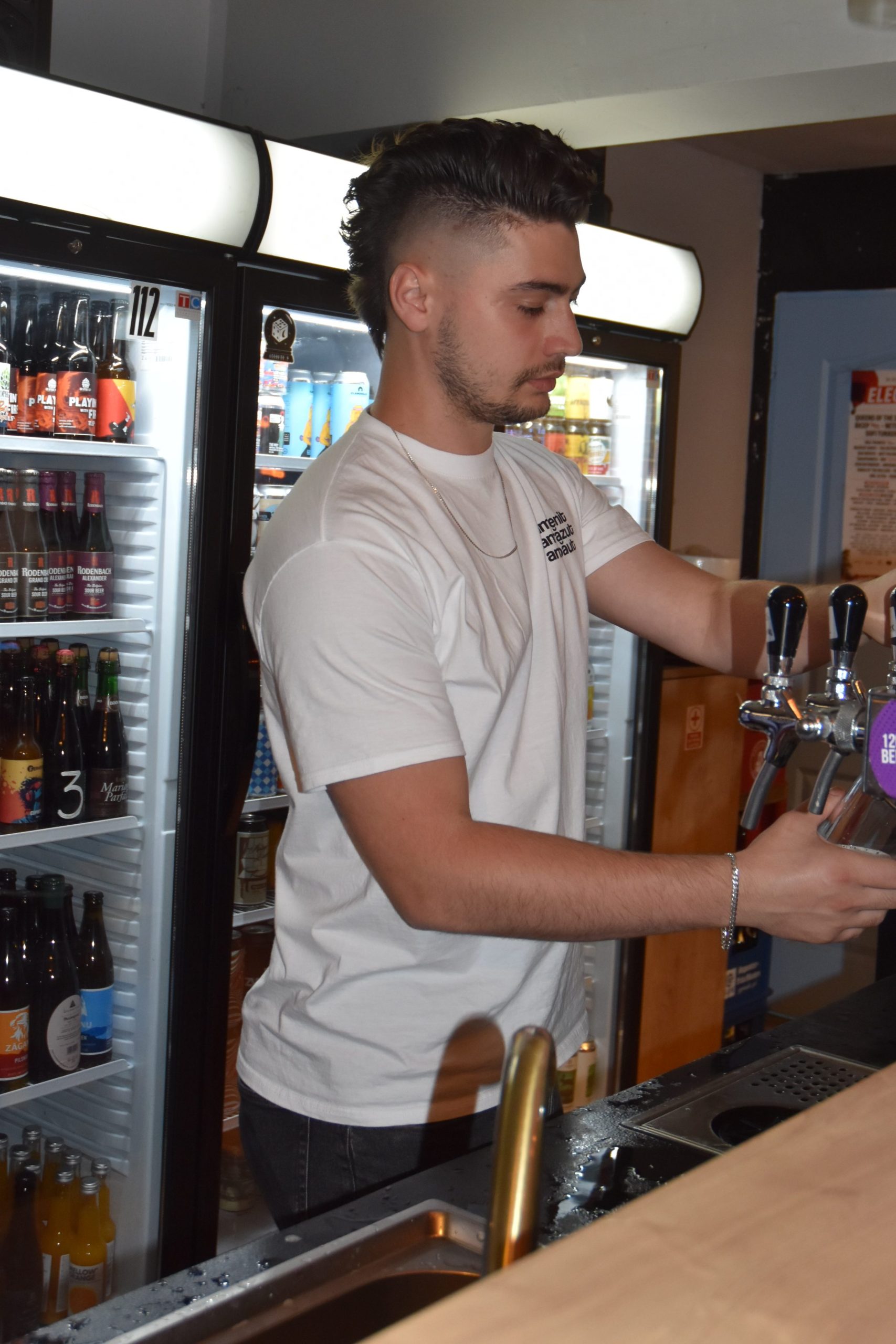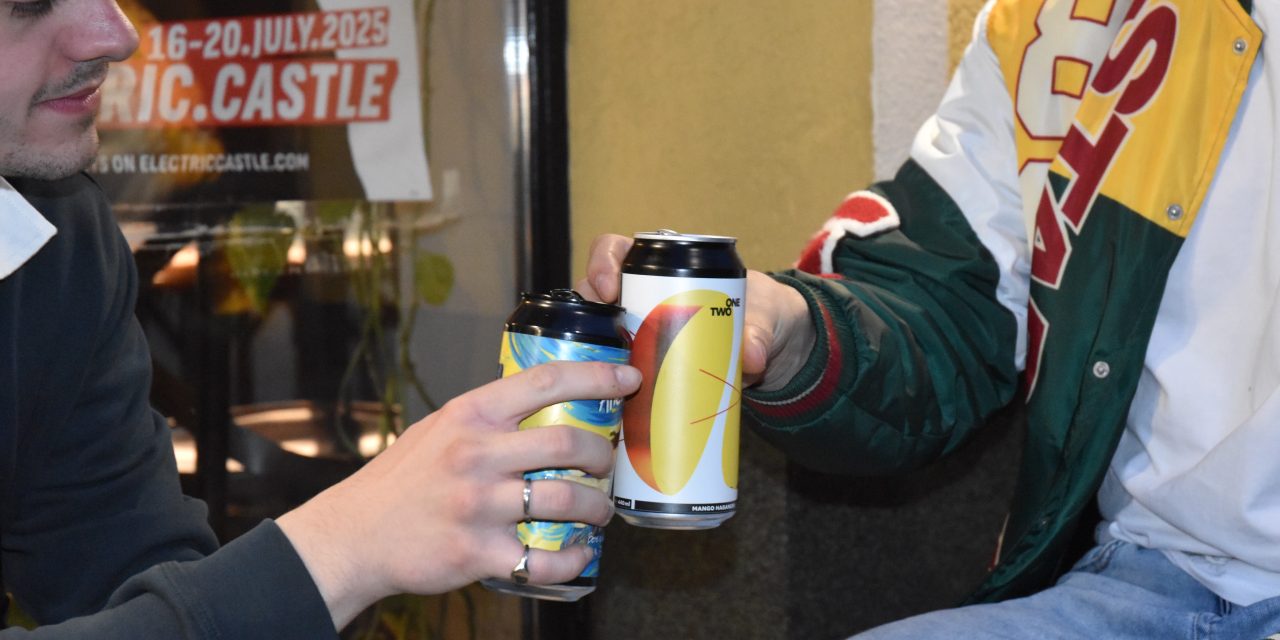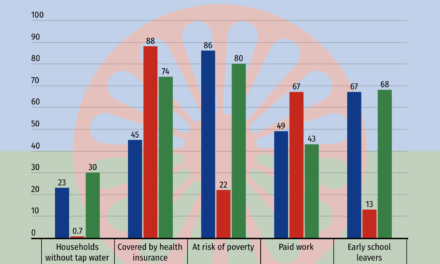There is a new buzz brewing in Romania, it’s not just the alcohol, it’s the taste of craft beer. While traditional beer sales continue to decline, a revolution led by independent brewers is fermenting a new kind of national pride. The rise of craft beer in many cities in Romania is not just about hops and flavor profiles; it’s about rewriting Romanian drinking culture, one pint at a time.
According to Statista, Romania’s number of craft breweries grew from 82 in 2022 to 92 in 2023. Meanwhile, the business outlet Bursa reported a 5% drop in overall beer consumption during that same period. The message is clear: young consumers are abandoning mass-produced lagers with something more personal and unique.
From Uniformity to Uniqueness
Beer has long held a place at Romanian tables, but for most of the 20th century, it was dominated by industrial brewing. Under communism, the state controlled production, prioritizing quantity over quality. Uniformity reigned, with few brands and even fewer flavors.
After the fall of communism in 1989, Romania transitioned to a market economy, and international giants like Heineken and SABMiller quickly took this opportunity. This influx also sparked a quiet resistance. By the early 2010s, Romanian entrepreneurs began to challenge the status quo. Breweries like Ground Zero and Hop Hooligans emerged with bold new flavors and even bolder messaging. According to the Romanian Ministry of Agriculture, Ground Zero alone reported a 25% revenue increase in 2020.
At the heart of the movement
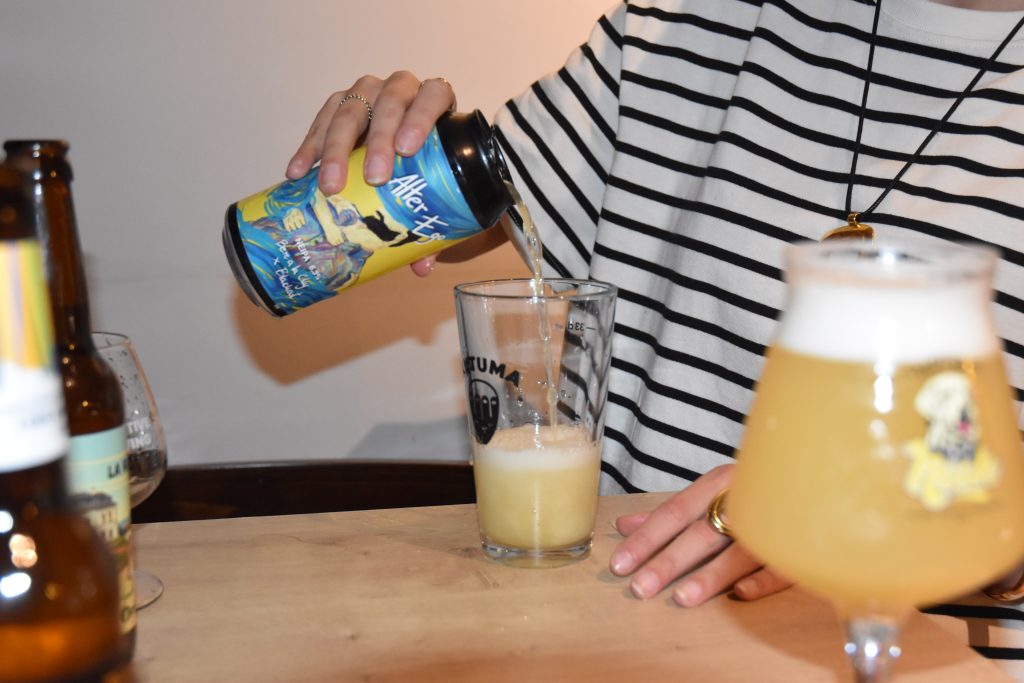
Among Romania’s brewing cities, Cluj-Napoca stands out. A tech hub and university town, Cluj boasts a young, educated, and creative population, exactly the kind of audience that embraces innovation and localism. Bars such as Blend. Brews & Bites, Beer Wall, and Klausen Burger aren’t just drinking spots; they’re cultural venues, hosting tap takeovers, label art showcases, and even brewer meetups. The beers themselves reflect this ethos. Blackout Brewing, one of Cluj’s standout names, mixes strong branding with daring flavor profiles, from hazy IPAs to barrel-aged stouts. Many of its labels feature surreal, irreverent artwork that resonates with a generation raised on internet culture and irony.
“They’re not just making good beer. They’re telling a story,” said Patrick van Schaik, owner of Dutch beer shop Bierloods 22, which stocks Romanian craft beers. According to him, what makes Romanian brews stand out is the passion and cultural identity infused into every bottle, from ingredients to design. That sense of purpose is contagious. Patrons aren’t just ordering drinks, they’re participating in a movement. In Cluj, a pint of craft beer isn’t just a thirst-quencher. It’s a shorthand for values: taste, locality, and independent thinking.
The culture of craft
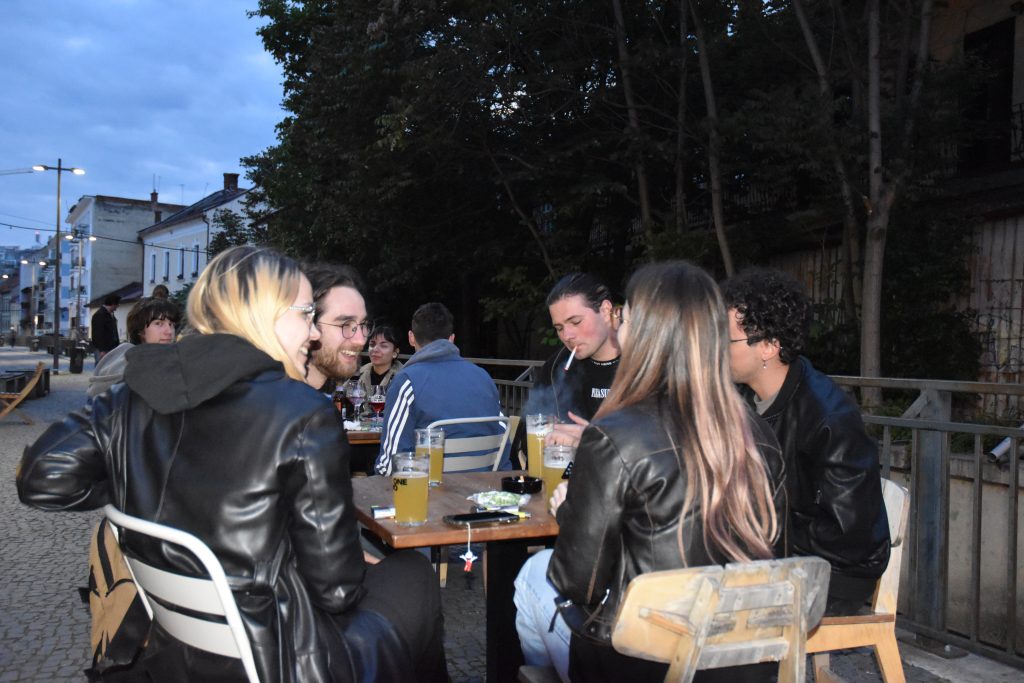
Craft beer in Cluj is not merely a product, it’s an experience, a signal of belonging. The blog Beerologique has chronicled brewers in Romania implementing the use of local ingredients, traditional motifs, and bold visuals to elevate each beer into a mini cultural artifact. Young people in Cluj, especially students and professionals in their 20s and 30s, are driving the movement. They’re not just buying beverages, they’re buying into a mindset.
It’s a mindset that values craft over convenience, and narrative over neutrality. Local breweries are tapping into more than hops, they’re tapping into emotion, memory, and place. Many collaborate with designers, writers, and community spaces to build a shared identity around their beers. A bottle becomes a kind of message: this is who we are, this is what we care about. In an interview with Wilson & Wilson, Hop Hooligans co-founder Diana Barbu described brewing as a way to “reclaim cultural space” in an industry long saturated by sameness. Choosing a regional IPA over a multinational lager becomes a subtle form of activism, one rooted in pride, taste, and identity.
Data Snapshot: Romania’s Craft Brewery Boom
What’s Next for Craft Beer in Cluj?
Still, the movement faces plenty of hurdles. Craft brewers navigate a maze of strict regulations, high taxation, and fierce competition for distribution channels in a market still dominated by big players. According to Brewers of Europe, these challenges are significant but have not stopped the sector’s growth. Many brewers are thriving thanks to community-focused business models, seasonal festivals, and direct-to-consumer sales that build loyal fan bases. Initiatives like the Cluj Craft Beer Festival showcase local breweries as cultural trailblazers, not just businesses. And according to an economic report by Anghel & Glăvan, even the smallest brewers, despite razor-thin margins, show remarkable resilience. Everything is fueled by devoted consumers and a shared sense of local pride.
Raise your glass, Romania’s craft beer movement is no fleeting trend. Despite regulatory and market pressures, brewers continue to innovate, blending tradition with bold creativity. Festivals and local gatherings have transformed beer from a simple beverage into a statement of cultural identity. So savor each sip, but be prepared: appreciating craft beer often requires a taste for nuance and a willingness to school your friends on what makes it exceptional. Cheers to that.
